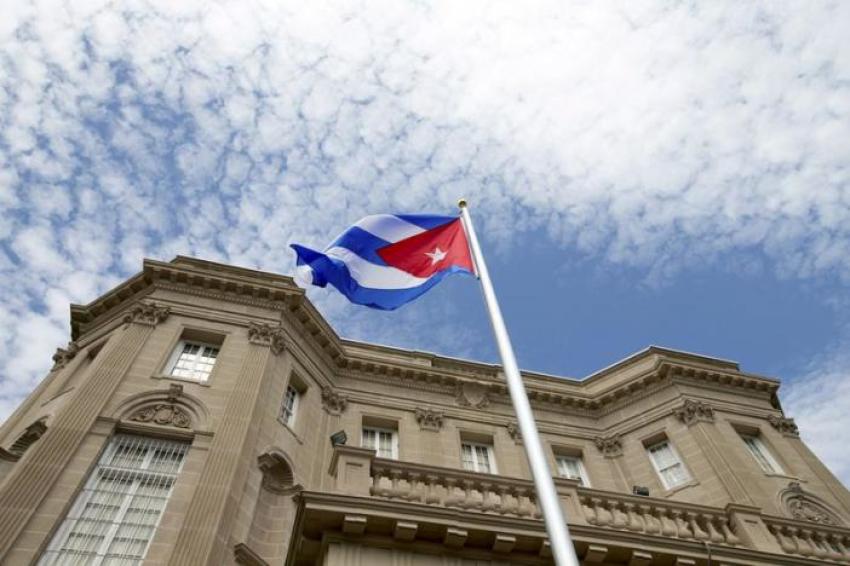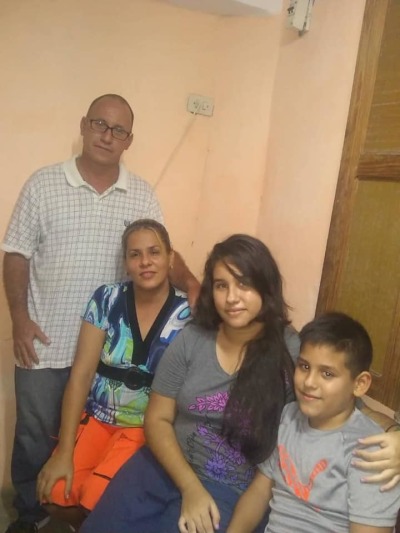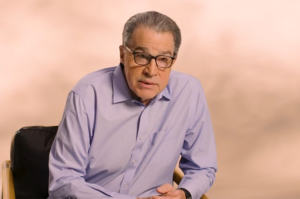Cuba gives pastor early release after serving 1 year in prison for homeschooling his children

Cuba has released Christian Pastor Ramon Rigal, who spent over a year in prison for homeschooling his children.
The United States Commission on International Religious Freedom, an independent, bipartisan panel of experts that advises Congress and the federal government, issued a statement Wednesday praising Rigal's release.
Rigal, who was arrested with his wife, Ayda Expósito, in April 2019, was serving a two-year term and was previously scheduled to be released in 2021. Although it's unclear why he was granted early release, it comes as the government has released thousands of prisoners in recent months to combat the spread of coronavirus.

The pastor’s release was confirmed by Pastor Mario Felix Lleonart Barroso, a missionary who was arrested several times by the Cuban government before he and his family arrived in the U.S. as refugees in 2016.
“You can tell all the brothers who have been praying for us that we are very grateful for your prayers and all of the support you have given us,” Rigal said in a statement shared through Barroso. “I know those prayers came to the throne of God and answered them. It's beautiful to see how even if they don't know me personally they have cared about me and my family, putting him into practice.′′
According to USCIRF, Rigal and his wife were arrested for homeschooling their children after they expressed concerns about the public schools’ promotion of socialism and atheism.
The couple was later sentenced for “acts against the normal development of a minor.”
Expósito was released from prison in April 2020.
“While we welcome the release of Pastor Rigal and are thrilled that he is reunited with his family, this was not the first time that Pastor Rigal and his wife were arrested in relation to their religious beliefs,” USCIRF Commissioner James Carr said in a statement.
“The Cuban government must immediately cease harassing this couple and allow all Cuban parents, including the Rigals, to raise their children pursuant to their own faith.”
In its statement Wednesday, USCIRF also called on the Cuban government to release independent journalist Roberto Jesus Quinones Haces, who was detained for trying to cover the couple’s trial. He was sentenced to a year in prison last August for the crime of “disobedience.”
Christian Solidarity Worldwide, an international organization that serves persecuted Christians in over 20 countries, had previously warned that the bullying of children in public schools over their religious beliefs is “relatively common” in Cuba. CSW reported that it received “a number of cases” that involve pastors’ children being denied educational opportunities.
“The Cuban authorities’ targeting of children on account of their religious beliefs or those of their parents is a deplorable violation of fundamental human rights,” CSW Chief Executive Mervyn Thomas said in a statement in March.
Last December, the U.S. State Department placed Cuba on its “special watch list” of countries that engage in or tolerate severe violations of religious freedom.
In a March report, USCIRF detailed how Cuban authorities manipulated the legal system to “wage persistent harassment” against religious leaders.
USCIRF also voiced concerns over the denial of religious freedom for human rights activists and journalists. Additionally, the report goes into detail about how the government controls religious activity and groups through a permit system.
Cuba, USCIRF warns, is also punishing religious leaders for their constitutional advocacy.
In mid-February 2019, the Rev. Carlos Sebastián Hernandez was labeled a “counter-revolutionary” in response to his advocacy for strong constitutional protections of religious freedom.
“Others, including Pastors Alain Toledano Valiente and Marcos Perdomo, were interrogated by police,” the USCIRF report explains. “Yoruba Priest Alexei Mora Montalvo went on a 15-day hunger strike to protest the harassment he and his family were experiencing leading up to the constitutional referendum.”
“The backlash continued after the constitutional referendum,” USCIRF added. “In June, seven Cuban Protestant denominations that jointly opposed the Constitution established the Cuban Evangelical Alliance. The alliance broke off from the Council of Churches of Cuba because it did not feel represented before the Cuban authorities.”
USCIRF notes that CEA members were blocked from receiving foreign visitors and were interrogated by authorities. CEA leaders were also blocked from attending the State Department’s Ministerial to Advance Religious Freedom last summer.
Follow Samuel Smith on Twitter: @IamSamSmith
or Facebook: SamuelSmithCP



























